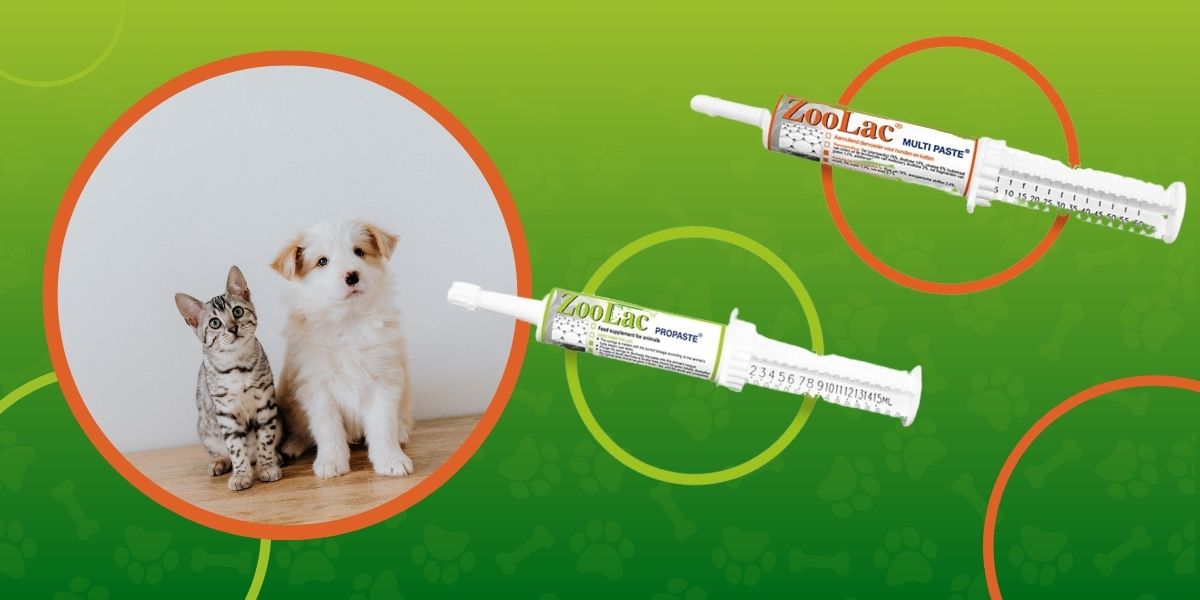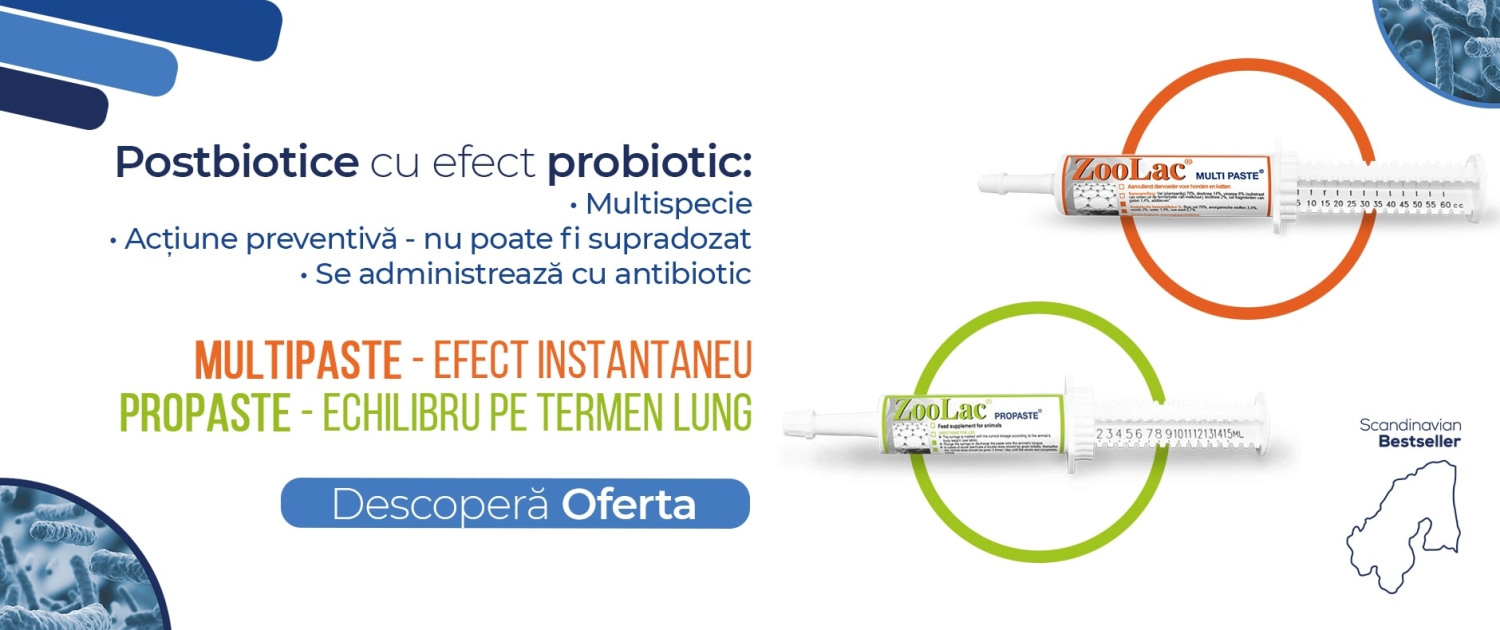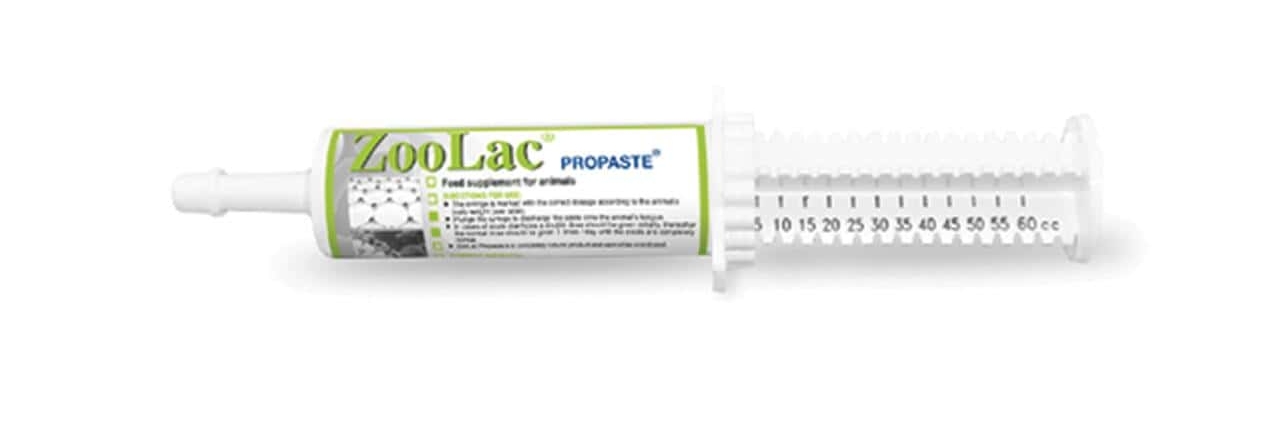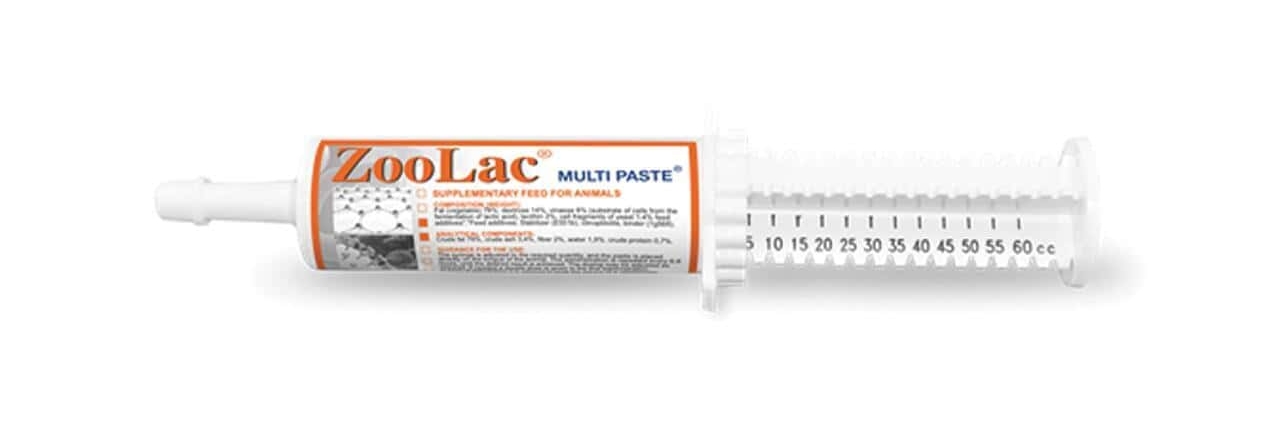Postbiotics with probiotic effect in veterinary medicine
The application of the concept of probiotics in veterinary medicine has captured the interest of practitioners due to the benefits they bring to animal health management. We don’t say it; the professionals we collaborate with throughout the country say it, for whom Biotur has become the number 1 supplier in supplying these products.
Veterinary offices in Romania started to order more and more such postbiotics with probiotic effects from us, which means that doctors understood the benefits and advantages of similar drugs. It also means that the products we promoted have managed, through their benefits, to create that bond of trust between us as suppliers and the clinics and practices we collaborate with. From this point of view, we can only be delighted and try to promote these postbiotics further.
The introduction of postbiotics in veterinary medicine is innovative through their production process, as they are products resulting from the metabolism of probiotic bacteria. Unlike probiotics, however, postbiotics do not require live bacteria to be effective, which makes them more stable and easier to handle. So we have a product with the benefits of probiotics, but it comes with advantages that veterinarians cannot overlook.
Hence their efficiency and ease of use in veterinary practices.
What are postbiotics with probiotic effects?
The term “postbiotic” was introduced relatively recently in the scientific literature to describe the metabolic or cellular products resulting from the activity of probiotic bacteria. This concept evolved with the understanding that the beneficial effects of probiotics are not necessarily due to the presence of live bacteria in the gut but rather to the bioactive substances that these bacteria produce during fermentation or growth processes.
Postbiotics include many substances, such as organic acids, enzymes, vitamins, bioactive peptides, polysaccharides, exopolysaccharides, nucleic acids, and other metabolites. These components may have antimicrobial, anti-inflammatory, immunomodulatory, and antioxidant effects, helping to improve gut function and promote overall host health.
As mentioned above, one of the significant advantages of postbiotics is that they do not require live bacteria to be effective. This means that they can be used in conditions where the viability of the probiotic bacteria could be compromised, such as in products with long shelf life or where the products are subjected to high temperatures.
In addition, postbiotics have a better safety profile than probiotics because they eliminate the risk of bacterial translocation (migration of probiotic bacteria from the gut to other parts of the body where they could cause infections), which can occur in certain circumstances, especially in individuals with a weakened immune system.
Postbiotics with probiotic effects, therefore, represent an essential step in research on the use of probiotic bacteria in medicine. Due to their stability and versatility in use, they can significantly impact a wide range of health issues, from balancing gut microflora to preventing and fighting infections.
Postbiotic applicability and effectiveness with probiotic effect
Because we work closely with the clinics and veterinary offices partnered with us, we know that veterinarians are increasingly turning to postbiotics.
Postbiotics have demonstrated their applicability and effectiveness in various fields of veterinary medicine. They have been used to improve digestive health, immune function, fight bacterial infections and improve production performance in farm animals.
They have also been used successfully in the control of diarrhea in dogs and cats, especially in cases where it is caused by imbalances in the intestinal microflora.
In other words, the applicability of postbiotics has a vast spectrum, which makes them the first choice of veterinarians in some instances. Nor could it be otherwise, as the beneficial effects of postbiotics are documented and published in specialized studies but are very easily noted by veterinarians.
Postbiotics with probiotic effect recommended: Zoolac Propaste and ZooLac Multipaste
ZooLac Propaste and ZooLac Multipaste are two products that contain postbiotics with a probiotic effect. These are manufactured by Biofarm and are recommended to stabilize intestinal flora and help prevent gastrointestinal disorders in pets and farm animals.
ZooLac Propaste is a probiotic paste product containing postbiotics and is recommended especially for dogs and cats but can also be used in other animals. It can be used during periods of stress, during dietary changes, during antibiotic treatments or when there is a risk of diarrhea.
ZooLac Propaste, as veterinarians already know, stabilizes digestion and balances the bacterial flora in the intestinal tract by collaborating with the good bacteria and the animal’s immune system.
ZooLac Multipaste, on the other hand, is designed for use on a wider variety of animals, including farm animals such as cows, pigs and poultry. It can help manage digestive disorders and promote healthy gut microflora.
Among the most appreciated benefits of this product is the reduction of the risk of secondary diarrhea when used simultaneously with oral antibiotic treatment, but also the treatment of microbial contamination of the intestine.
Mode of Application
To maximize the benefits of these postbiotics, it is essential to administer them correctly. ZooLac Propaste and ZooLac Multipaste can be administered directly into the animal’s mouth or mixed with food. Dosage will depend on the species and weight of the animal, so it is essential to follow the manufacturer’s instructions.
In conclusion, postbiotics with probiotic effects represent a promising new direction in veterinary medicine. Products such as ZooLac Propaste and ZooLac Multipaste demonstrate the possibilities offered by this new class of therapy and can be considered a valuable tool in animal health care.
However, as with any animal health care product, it is essential to always consult a veterinarian for specific advice on their use.






